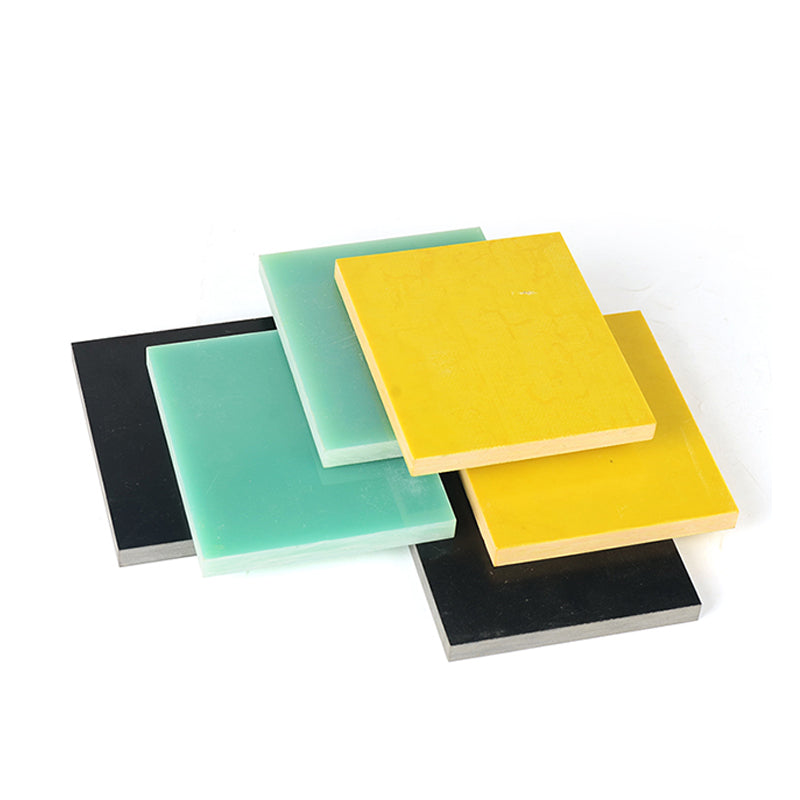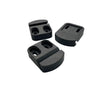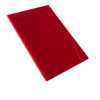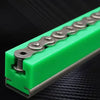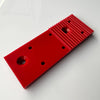How Insulated Bakelite Structural Parts Improve Electrical Safety
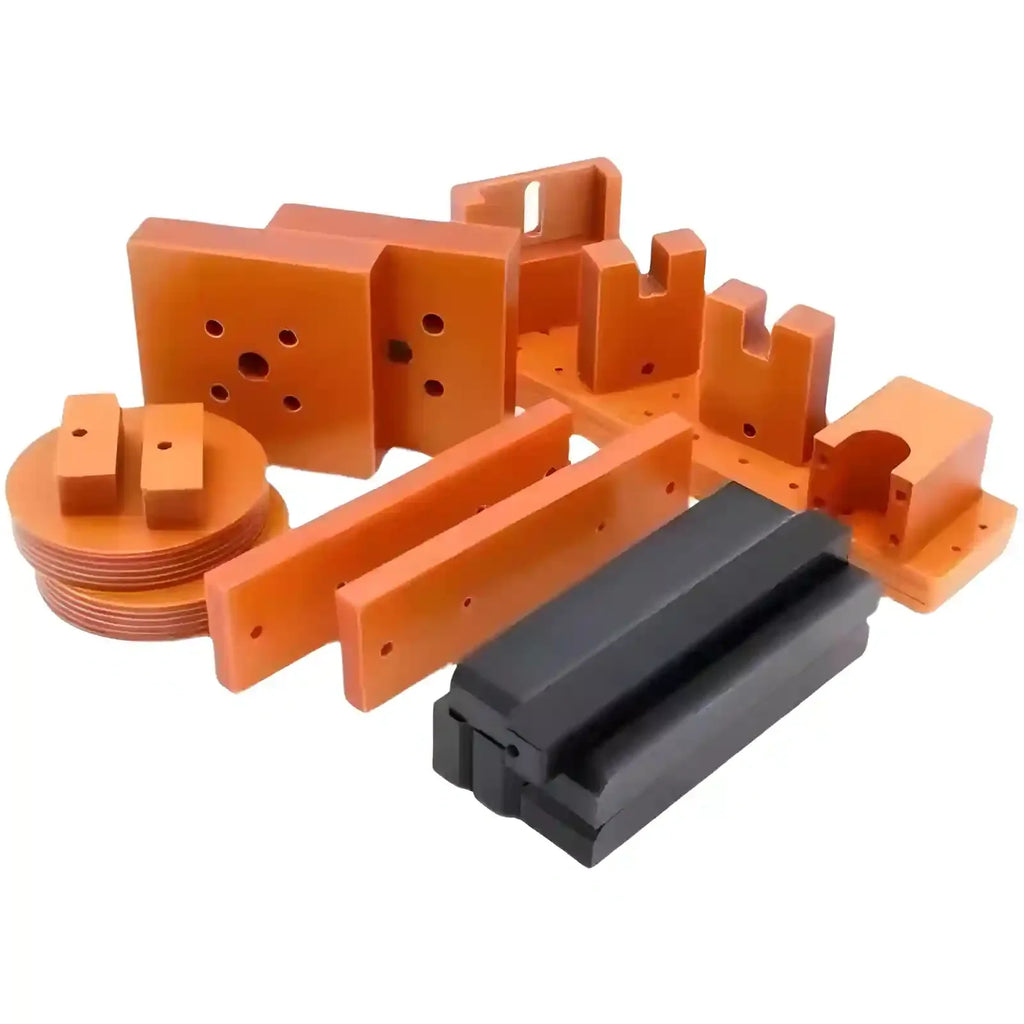
Why Electrical Insulation Matters
Electrical safety is critical in our daily lives and industries, as it prevents accidents like fires caused by faulty wiring and protects equipment from catastrophic failures. For example, faulty insulation in home wiring can cause electrical fires. On the other hand, industrial equipment failures due to poor insulation can lead to significant downtime and safety hazards, posing risks to both productivity and safety. Without proper insulation, systems can fail, causing accidents or fires. That’s why materials like Bakelite are so important. Bakelite is widely used for insulation because it’s reliable, strong, and cost-effective. These insulated Bakelite parts are vital for making electrical systems safer and more efficient.
🎉🎉🎉Limited Time Offer Use code: QR4GNY08SHVR at checkout and enjoy a special discount on your entire order! 👉 Bakelite plastic

Unlike many other materials, Bakelite stands out for its unique combination of heat resistance and electrical insulation. In this post, we’ll explore what makes Bakelite so special and how it plays a key role in improving electrical safety.
What Is Bakelite and Why Is It Trusted?
Bakelite is a type of plastic called a thermosetting resin. This means it hardens permanently after being shaped, unlike thermoplastics that can be melted and reshaped multiple times. This property makes Bakelite especially useful in applications requiring durability and heat resistance. This means that once it’s shaped and hardened, it can’t be melted again. Bakelite is known for its toughness and ability to resist high temperatures, making it perfect for electrical insulation.
Key Features of Bakelite:
-
High dielectric strength: It can block electrical currents, preventing dangerous short circuits.
-
Heat resistance: It doesn’t melt or warp, even under high temperatures.
-
Durability: It’s tough and lasts a long time, even in harsh environments.
-
Chemical resistance: Bakelite withstands exposure to oils, water, and chemicals without breaking down. This makes it particularly valuable in industries like automotive and industrial manufacturing, where equipment must resist harsh operating conditions to ensure long-term reliability.
Because of these properties, Bakelite is commonly used in electrical systems where safety and reliability are a priority. For instance, circuit breakers and fuse boxes often utilize Bakelite for its excellent insulating properties, ensuring protection against electrical surges.
How Bakelite’s Properties Enhance Electrical Safety
Bakelite has specific qualities that make it a top choice for improving electrical safety:
-
Electrical Insulation: Its high dielectric strength stops electrical currents from passing through, protecting users and equipment. This is especially beneficial in high-voltage applications, where preventing current leakage is critical for both system stability and safety. For example, in transformers and power grids, Bakelite ensures that electricity is contained within its designated pathways, reducing the risk of system failures and accidents.
-
Heat Resistance: Unlike some materials, Bakelite stays stable even in high-heat environments, reducing the chance of insulation failures.
-
Durability in Harsh Environments: It resists damage from chemicals, moisture, and mechanical stress, ensuring long-lasting performance.
These features make Bakelite an excellent option for industries that need safe and reliable electrical systems.

Where Are Insulated Bakelite Parts Used?
Insulated Bakelite parts are used across many industries. Here are some common applications:
In Electrical Systems:
-
Switchboards and Panels: Bakelite acts as a barrier to prevent electricity from leaking.
-
Motors and Transformers: It insulates critical parts that carry high voltages.
In Consumer Electronics:
-
Connectors and Sockets: Bakelite ensures safe operation in everyday devices like chargers and appliances.
In Renewable Energy:
-
Wind Turbines: Bakelite protects components from environmental wear.
-
Solar Panels: It’s used in parts that need to handle extreme heat and long-term exposure.
Expanded Example:
A company that builds electric vehicles uses Bakelite as a separator between battery cells. This helps to prevent overheating and ensures the safety of the entire system.
How Does Bakelite Improve Safety in Real Systems?
Here are some specific ways Bakelite keeps systems safe:
-
Prevents Fires: Its heat resistance reduces the risk of insulation melting and catching fire.
-
Controls Voltage: Bakelite blocks unintended electrical currents, maintaining system stability.
-
Withstands Tough Conditions: In places with moisture or chemicals, Bakelite doesn’t lose its insulating abilities.
Real-World Example:
A power plant was experiencing insulation failures due to high humidity. The moist environment caused traditional insulation materials to degrade quickly, leading to frequent system shutdowns and safety risks. By switching to Bakelite parts, which resist moisture and maintain their insulating properties, the power plant reduced breakdown incidents significantly, leading to improved system performance and reliability over time. After switching to Bakelite parts, their equipment lasted longer, and system reliability improved by 30%.
How Bakelite Compares to Other Materials
Bakelite isn’t the only material used for insulation. Its unique combination of properties makes it a preferred choice for industries like power generation, automotive, and renewable energy. For example, in power systems, Bakelite outperforms materials like epoxy resin in high-heat environments, while in the automotive industry, its durability under mechanical stress ensures long-term reliability.
-
Better Heat Resistance: Unlike epoxy or glass fiber, Bakelite doesn’t degrade in high temperatures.
-
More Durable: Bakelite’s mechanical strength makes it less likely to crack or fail under pressure.
-
Cost-Effective: It offers good performance at a lower cost compared to many newer materials.
Expanded Comparison:
Silicone-based insulators are flexible but can’t handle as much mechanical stress as Bakelite. On the other hand, epoxy resins often fail under continuous high temperatures, where Bakelite excels.

Customizing Bakelite for Unique Applications
One of the best things about Bakelite is that it can be tailored to meet specific needs. Here’s how:
-
Precision Machining: Bakelite parts can be shaped with CNC machines to ensure exact sizes and fits. CNC machining allows for precise customization, enabling Bakelite to be adapted for complex designs or specific dimensions needed in advanced electrical systems.
-
Custom Shapes and Sizes: From thin sheets to complex molded parts, Bakelite can adapt to many applications.
-
Special Coatings: Anti-corrosion finishes can be added to make Bakelite even more durable in harsh environments.
Success Story:
A robotics company needed insulating components for their high-precision machines. By using custom Bakelite parts, they reduced electrical failures by 20% and improved overall efficiency.
Case Studies: Real-World Benefits of Bakelite
Example 1: High-Voltage Transformers
A company faced frequent insulation breakdowns, leading to costly repairs. After switching to Bakelite, they:
-
Increased equipment lifespan.
-
Reduced maintenance costs by 25%.
Example 2: Renewable Energy Systems
A wind turbine manufacturer used Bakelite parts to prevent overheating in connectors. This improved efficiency by 10% and reduced maintenance intervals.
What Does the Future Hold for Bakelite?
Bakelite is evolving to meet modern needs: New advancements are focusing on eco-friendly production processes, including using recycled materials to reduce waste. Compared to newer plastic alternatives, Bakelite's durability reduces the need for frequent replacements, while similar materials often degrade faster under stress or temperature extremes. Additionally, Bakelite’s lower energy requirements during manufacturing make it a greener choice compared to energy-intensive alternatives like epoxy resins. Compared to newer plastic alternatives, Bakelite’s durability means less frequent replacement, reducing material waste over time. Additionally, innovations in its manufacturing process aim to use renewable energy sources, making it a more sustainable choice for industries looking to minimize their carbon footprint. Additionally, researchers are exploring ways to make Bakelite more energy-efficient during manufacturing, lowering its carbon footprint. These innovations ensure Bakelite continues to be a sustainable choice for modern industries.
-
Renewable Energy: It’s being used in advanced solar and wind energy systems.
-
Robotics and AI: Durable Bakelite parts help protect sensitive electronics in robots.
-
Eco-Friendly Versions: New manufacturing techniques are making Bakelite more sustainable by incorporating recycled materials.

Why Choose Bakelite?
Insulated Bakelite structural parts are a smart choice for electrical safety. They’re durable, heat-resistant, and cost-effective, making them perfect for many industries. If you need reliable insulation solutions, Bakelite is the way to go.
Take the Next Step with Bakelite Solutions
-
Looking for high-quality Bakelite solutions tailored to your needs? Fill out the contact form below to get started or explore our Bakelite Plastic Collection for more options: Bakelite Plastic Collection.
-
Want to discover how Bakelite can transform your systems? Visit our detailed page on Bakelite Applications and Benefits: Bakelite Applications and Benefits or reach out through the contact form below to discuss your project.
-
Interested in learning more about our capabilities? Check out our page on Bakelite Manufacturing Expertise: Bakelite Manufacturing Expertise. Don’t forget to fill out the contact form below to get a customized quote.
Frequently Asked Questions (FAQ)
Why is Bakelite a good insulator?
Its high dielectric strength and heat resistance make it ideal for electrical systems.
Can Bakelite handle high voltage?
Yes, it’s designed for high-voltage applications.
How can I get custom Bakelite parts?
Reach out to us! We offer tailored solutions for all kinds of needs.
Additional FAQs:
-
What industries use Bakelite? Power generation, electronics, automotive, and renewable energy are just a few examples.
-
Is Bakelite eco-friendly? Newer versions are being made with recycled materials, reducing their environmental impact.
Bakelite remains one of the most trusted materials for electrical insulation, and its versatility ensures it will continue to play a vital role in modern technology.
🎉🎉🎉Limited Time Offer Use code: QR4GNY08SHVR at checkout and enjoy a special discount on your entire order! 👉 Bakelite plastic

-
Posted in
Bakelite applications, Bakelite durability, Bakelite for renewable energy, Bakelite insulation solutions, Bakelite manufacturing, Bakelite safety benefits, custom Bakelite parts, electrical insulation, heat-resistant Bakelite, industrial Bakelite uses

